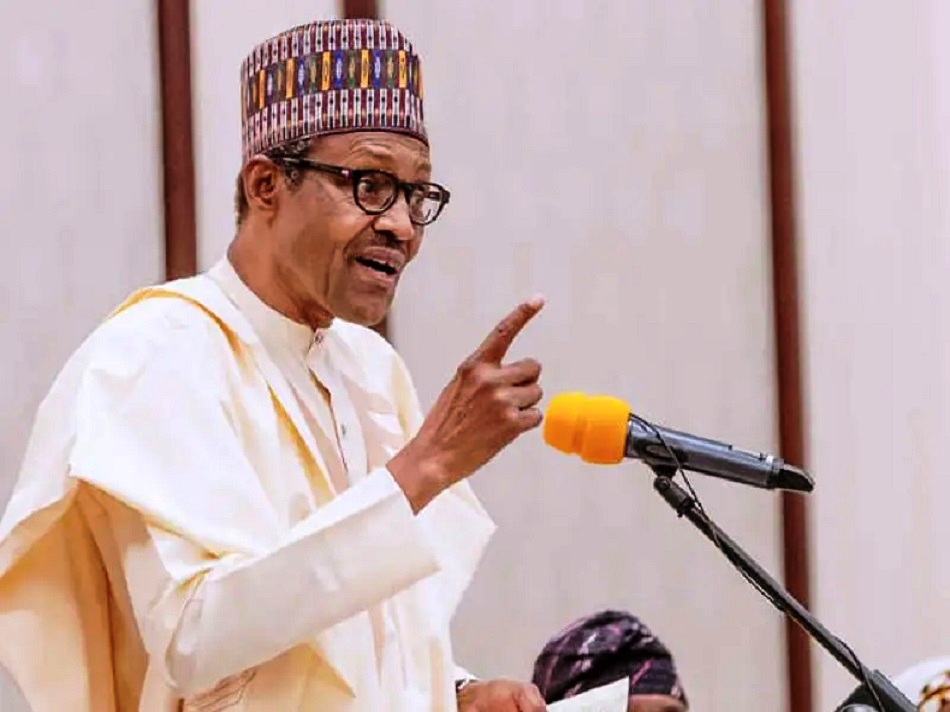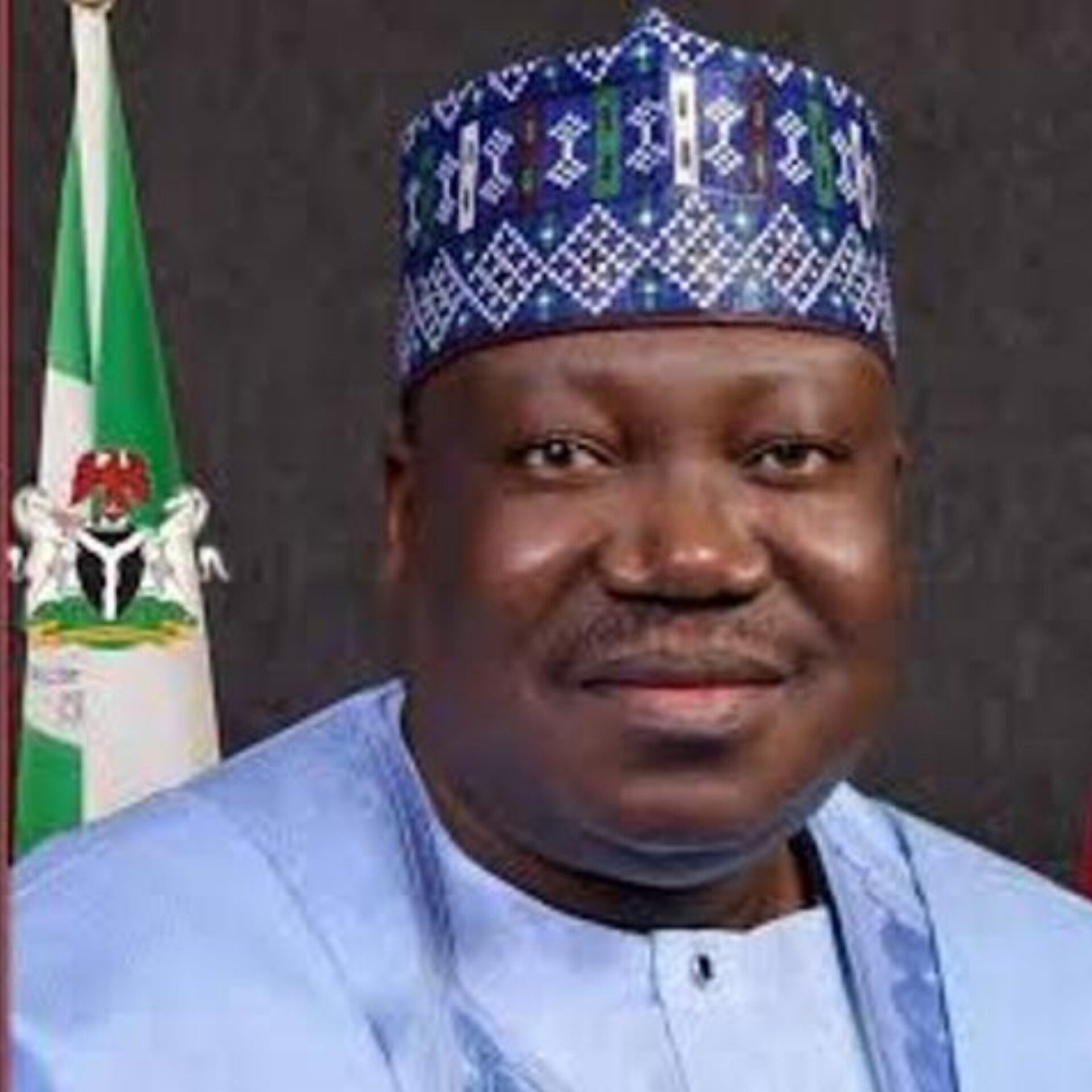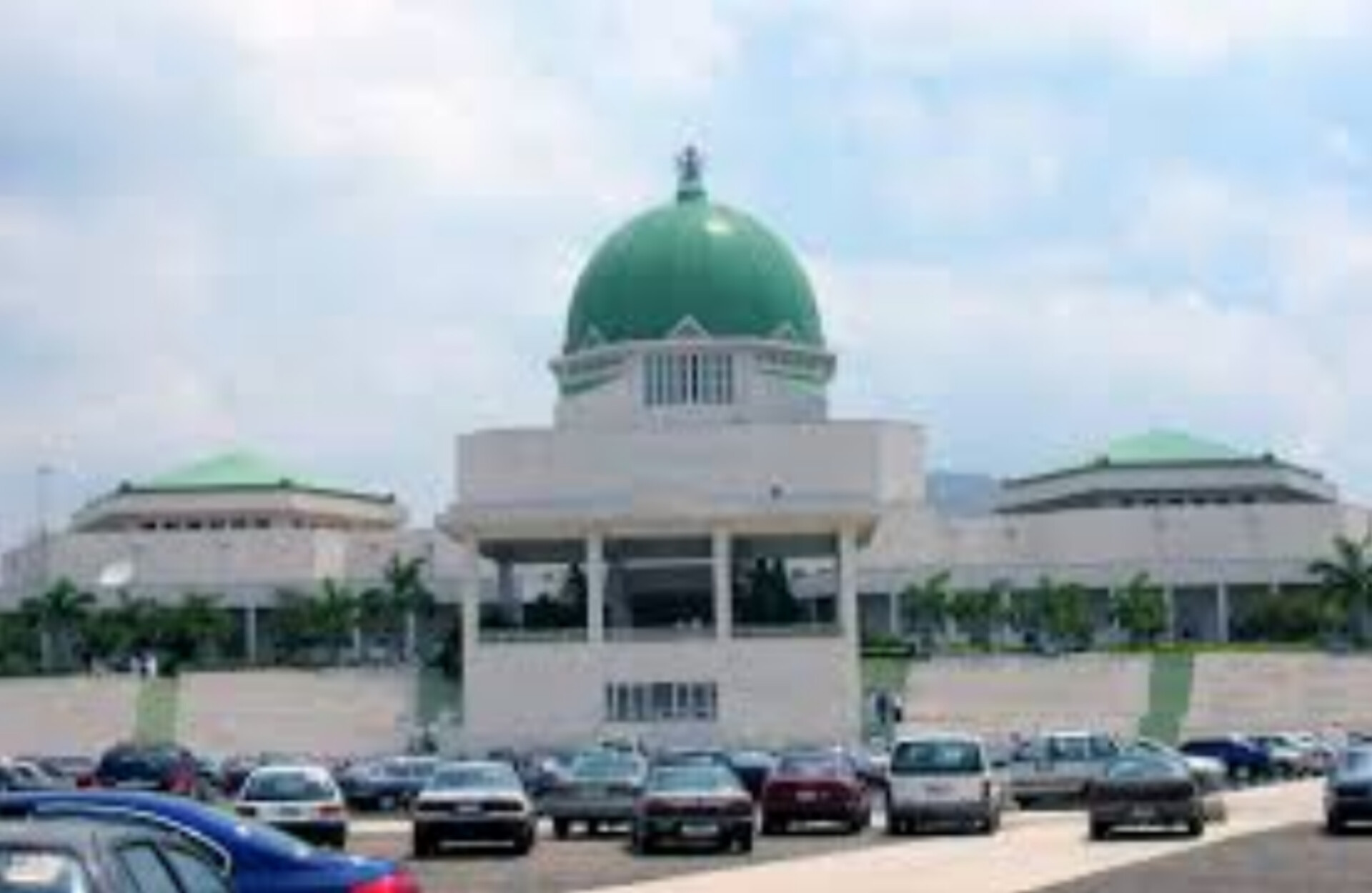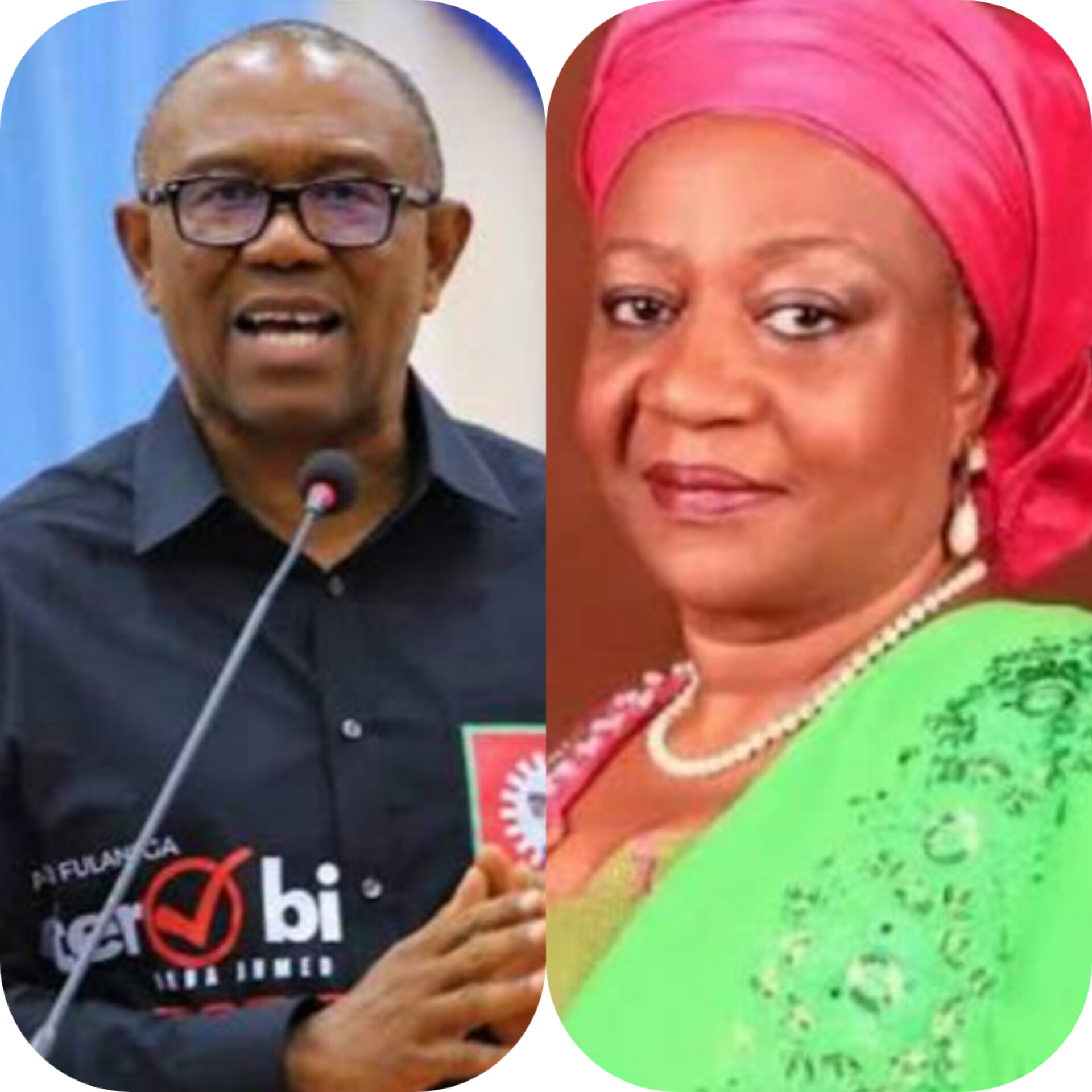By Tunde Olusunle
The title of Goodluck Ebele Jonathan’s account of his stewardship as Nigeria’s President kept plodding in my mind as I thought through a heading for this piece. Nigeria’s third President of the Fourth Republic authored My Transition Hours, which was published in 2018. It captures the breathtaking frenzy and flurry of activities and developments preceding, and immediately following his contest with the outgoing President, Muhammadu Buhari, at the 2015 presidential poll. The mean-spirited theatrics, confounding shenanigans, spontaneous alliance-switches and cross-carpeting, blatant betrayals, in the aftermath of his loss at the election are encapsulated in the book.
The two terms of four years each totalling eight years during which Buhari superintended over Nigeria, have gradually but assuredly diminished. Years, thinned down to months, months into weeks, weeks into days, the countdown has come down to hours, practically. Effectively, Buhari’s dispensation is in its final hours even if he conveys the timing of his exit, as imperative in “a few days.” Buhari indeed creates the impression that his job has been a pressure cooker which has exceeded boiling point and he cannot wait to return to his ranch in Daura and the annex in Maradi.

The last few days have been action-packed for Buhari. He has been busy with the commissioning of a harvest of projects initiated and driven by the private sector, and his administration, respectively. The $19 Billion Dangote Refinery and Petrochemical Plant in Lekki, Lagos, headlined the final hours of tape-cutting, Monday May 22, 2023. Aliko Dangote, President of the Dangote Group, is perhaps Nigeria’s most committed, Africa-centric and adventurous investor whose hands are in many pies in the nation’s socioeconomic development. His interests among others include manufacturing, construction, commerce and agriculture. The Dangote Refinery may be Africa’s single largest investment in petroleum development in a long time. It is yet another private sector-led initiative to boost the nation’s economy.
Tuesday May 23, 2023, Buhari commissioned eight major infrastructural projects across the country. Seven of them handled by the Federal Ministry of Works and Housing, received louder amplification than the eighth. The Second Niger bridge, christened after Buhari; the Loko-Owetto bridge linking Nasarawa, Benue and states in the South East and South South, and the Ikom bridge in Cross River State, were all commissioned. New federal secretariats in Anambra, Bayelsa and Zamfara states, and the Kaduna-Kano segment of the Abuja-Kaduna-Zaria-Kano roads, were similarly commissioned. Buhari opted to commission the brand new “Customs House” located in Abuja on the same day, as information technology allowed for his virtual, simultaneous, real-time opening of the non-Abuja domiciled projects.
This rash of valedictory ceremonials are proceeding parri passu with various events scheduled for the Commander-in-Chief by his primordial constituency, the military, these last days, these final hours. The goal is to reengineer our collective consciousness to actually think that Buhari, has been a rare breed conscientiously committed leader, who should be eternally venerated for heroic exploits in statecraft and national development. We must not allow ourselves to be distracted from the reality that Buhari has presided over a debilitating kakistocracy over the last eight years. Buhari rode into power after three previous unsuccessful attempts in 2015, on the crest of presumed integrity, assumed frugality and touted believability. He earned the sobriquet of Mai Gaskiya, the honest one. He was profiled as that desired transformational leader who will turn things around in the fractious polity and discombobulated economy.
Buhari’s suspect capacity, however, was first gleaned from his tentativeness in assembling a team to work with him. Elected in March 2015 and inaugurated in May of the same year, it was not until November that year that Buhari began piecemeal submission of the names of his prospective ministers to the National Assembly for processing. Indeed, in the course of Buhari’s prevarication, the nation’s economy took a southward descent into depression, the first of at least two such negative economic growths under his jurisdiction. Public expectations about the impeccably qualified and ultra-competent Nigerians Buhari assured he will integrate into his administration, waned immediately the “usual suspects” emerged on his A list.
Governments before Buhari purposefully headhunted and deployed the Ngozi Okonjo-Iwealas, Chukwuma Soludos, Magnus Kpakols, Amina Mohammeds, Arunma Otehs, Akinwumi Adesinas, and so on in nation building and economic reconstruction. It is testament to their impeccable competencies, that many of them have moved up to higher responsibilities in global organisations. There were, however, no surprises when Buhari constituted his cabinet with many of the least suitable and competent operators, thus engendering a veritable kakistocracy, populated in the main by mediocres. There is perhaps no better validation of this assertion than the manner the country has fumbled and floundered over the past eight years, sometimes tethering on the brink.
A post on the social media by one Sanusi Dantata which has been trending for a few days now, almost summarises the epochal dysfunction of the Buhari government. This is in stark counterpoint to the facade of “landmark and legacy” achievements the regime serenades itself with. Says Sanusi Dantata: “If wishes were horses, I’d wish Muhammadu Buhari would drive from Abuja to Daura on Monday the 29th of May, instead of flying! He’d have the chance to see the infrastructure he has built, the insecurity he has addressed, the economy he has revamped and the youths he has provided opportunities for!” Dantata in this singular sentence effectively puts a pin on the helium balloon of the Buhari dispensation’s penchant for narcissism. Nigeria has never had it so bad.
Buhari’s government put a deliberate knife through our institutions such that standards, processes and best practices have been thrown to the hounds. We have a servile and complicit legislature whose members queue like school children for photo opportunities with the president, in a parliament which rubber-stamps any and every request from the president. The judiciary is wholly subservient in a Buhari era which sanctions the Gestapo-style nighttime invasion of the homes of forthright judges and justices, and intentionally sets up a Chief Justice for compulsory retirement. The Independent National Electoral Commission, (INEC), is anything but independent. It takes orders from extraneous authorities about who to give a ticket, who to disqualify from a contest, where to simulate “inconclusive elections,” and who to gift with “Certificates of Return.”
It is common knowledge that the level of pilferage of public funds under Buhari, has long surpassed whatever was alleged to have taken place in preceding governments constituted by the Peoples’ Democratic Party, (PDP). Buhari legitimised a sadaka poverty alleviation strategy, under which money is virtually thrown into the streets for the needy to pick up. Where on earth is the precedent to Buhari’s tradermoni example, where government officials go around distributing N10,000 to select traders in marketplaces in the name of economic revamp? Where is the precursor to the Special Works Programme, (SPW), powered by the Labour ministry, where names of youths from across the country were compiled and they were each paid N20,000 per month for three months, for doing absolutely nothing, in the name of job creation? The COVID-19 pandemic which spilled well into 2020, precipitated large-scale stealing of public funds under the dubious cover of palliatives procured for the generality of the people. Accounts say that Sadiya Umar Farouq’s Ministry of Humanitarian Affairs, Disaster Management and Social Development, received funds in excess of N500 Billion for the palliatives, which never reached “the people” and which was not accounted for.
Aviation and Aerospace Minister, Hadi Sirika recently launched 10 firefighting vehicles distributed to various airports in the country, each costing a whopping N1.2 Billion! The same Sirika has just hurriedly concessioned the Nnamdi Azikiwe International Airport, (NAIA), Abuja, and the Mallam Aminu Kano International Airport, (MAKIA), Kano, for periods of 20 and 30 years respectively. According to reports, about $800 Million will accrue to the nation’s coffers from the deal, even as many have queried the secrecy which attended the transaction and why it was left till the final hours of the Buhari era. The National Population Commission, (NPC), recently reported that a staggering N200 Billion had been spent preparing for the recently postponed national headcount. Should the incoming administration be keen on a national census, it may have to begin from the scratch despite the previous investment of N200 Billion in the exercise.
These Buhari’s final hours, government expenses totalling N22 Trillion, hitherto financed through “ways and means” by the Central Bank of Nigeria, (CBN), were approved by the National Assembly. There’s been disquiet in the lower parliament, however, because its leadership was said to have received $15 Million “to ensure smooth sail” for the approval granted the executive branch of government. This is happening in Buhari’s final hours. Days ago, Buhari presented a request for the approval of a loan of $800 Million, to finance public intervention strategies for the poor and vulnerable, in the event of the removal of fuel subsidy. The departing president has also shifted the responsibility for the removal of the subsidy to the incoming government. You then wonder why he is nonetheless insistent on procuring the facility.
The much disparaged Jonathan administration increased electricity power generation beyond 5000 megawatts in 2015. It has plummeted below 3000 megawatts under Buhari which at its inception, promised to fix power within six months. Notably, the receding government has supposedly expended $7.5 Billion within the period, a practical waste against the backdrop that the sector remains comatose. This is just as this government
continually castigates the Olusegun Obasanjo Jonathan/Umaru Yar’Adua governments for deploying a fictional $16 Billion on the same infrastructure. It came to public knowledge days ago, that senior civil servants in the power sector, had arranged a “send-off party for themselves, these final hours of Buhari’s sojourn. A dozen of them colluded to misappropriate tens of billions of naira, allocated to revamp the troubled infrastructure. In one instance, the Economic and Financial Crimes Commission, (EFCC), tracked N23 Billion to the bank account of a bureau de change operator, who was requested to convert the loot into foreign currency.
Wednesday May 24, 2023, Buhari wrote to the National Assembly seeking approval to pay “judgment debts” to the tune of N226 Billion; $556 Million, and £98.5 Million, respectively! The hawks and hounds around Buhari, are better schooled and skilled in street wisdom, than their principal. They know he has long lost touch with contemporaneity in many ways and resides predominantly in the recesses of time. They have since invented sustainable tricks and tactics to keep him eternally comfortable and contented, savouring flavoured, floral breeze in the Disney land glamour of State House. There, he routinely picks his teeth in visible satisfaction as is captured in that very iconic photograph of him which keeps making the rounds in the social media. This knowledge of their boss, liberates them to run scams and schemes, rackets and veiled robberies behind his back. In the more recent incident, some state official(s) deliberately and studiously watched the contentious “judgment debts” if any, spiral beyond 12- digit commitments. They chose when to strike by stalling until the final hours of Buhari’s visitation, before placing the request before him. Their slices of the pie of course, are safe and secure in the hands of their offshore collaborators.
Waking up on Tuesday May 30, 2023 to the reality that Buhari has finally proceeded to his hometown, will come as welcome relief to several millions of Nigerians. Typically ingenious Nigerians have suggested that all our countrymen who go through the Buhari scourge unscathed, should deservedly be awarded “Certificates of Survival!” That would seem imperative given the unsparing furnaces of hunger, poverty, stagnation, insecurity, kidnappings, killings, near-deaths, helplessness, hopelessness and despair Nigerians have passed through these past eight years. Characteristically, Buhari is a blame-passer who seldom accepts responsibility for official misconduct and minimum governance. In this instance, however, he will have no option but to live with the reality that he posted an aggregate score far below public expectation. The endeavours and failures of his government, all bear his imprimatur as the leader of this better forgotten epoch.
So long for Buhari’s kakistocratic dispensation.
Tunde Olusunle, PhD, poet, journalist, scholar and author is a Member of the Nigerian Guild of Editors, (NGE)




